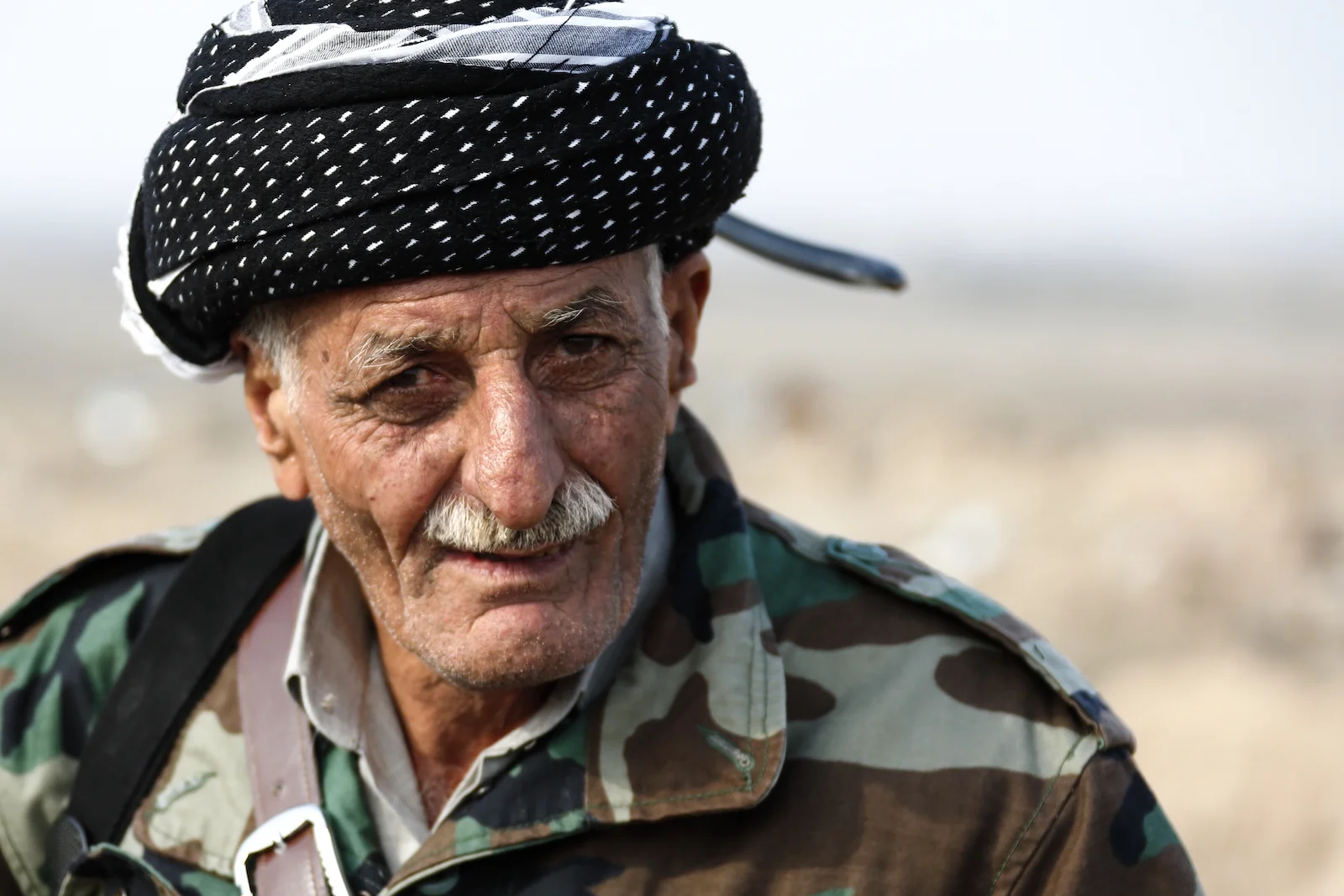
America’s Broken Promise to the Kurds
The story of Iraqi Kurdistan is one of resilience—a people whose identity has been carved into mountains, molded by history, and sustained by a dream that refuses to die. This is a region where Kurds live with a kind of freedom that their kin elsewhere in the Middle East can only imagine. They have a parliament, a military force in the Peshmerga, a flag, and a language of their own. What they don’t have—what they’ve never truly had—is the one thing they’ve longed for more than anything: a country recognized by the world.
Following the fall of Saddam Hussein in 2003, the Kurds played an indispensable role in shaping post-Baathist Iraq. They helped draft the new constitution, partnered with the United States in fighting terrorism, and supported the fragile federalism that defined the country’s new political order. For a time, things looked hopeful. Erbil surged with investment. Foreign consulates opened. Western journalists dubbed it “The Other Iraq”—a pocket of stability in a chaotic land. But behind the hopeful headlines, old grievances simmered. Baghdad never fully accepted Kurdish autonomy. It tolerated it when useful, neglected it when it could, and punished it when it dared to assert itself.
Nowhere was this clearer than in 2017, when the Kurdistan Regional Government held a peaceful and democratic referendum on independence. Over 92 percent of voters said yes. It was more than a political gesture; it was a plea for recognition after decades of marginalization and massacres—from Halabja to Zilan. The response was swift and punishing. Baghdad shut down Kurdish airports, seized the oil-rich and symbolically vital city of Kirkuk, and dismantled many of the region’s hard-won gains. Even more crushing was the silence from abroad. The international community—especially the United States—turned its back.
That silence still echoes. Because the truth is, if Washington genuinely wanted to help birth an independent Kurdistan, it has the tools to do so. The United States possesses the military footprint, the diplomatic influence, and the leverage over Baghdad to bring Kurdish statehood to the table. Iraq’s government, heavily reliant on American aid and recognition, could be compelled to negotiate seriously—not years from now, but today.
Yet, nothing has happened. Because in the calculus of U.S. foreign policy, the Kurds are partners—but never priorities. They are praised when convenient—for their bravery, for their sacrifices against ISIS, for their role in containing Iran—but their ambitions for sovereignty remain politely ignored. This reluctance isn’t just disappointing; it’s destabilizing. It signals to the Kurds that loyalty will be thanked but not honored, that dreams can be shelved if they don’t fit the geopolitical map drawn in Washington or Brussels.
Still, the Kurdish spirit endures. Inside Iraqi Kurdistan, hope persists—but it is fraying. A generation of young people is growing disillusioned. Many are leaving—not out of apathy, but out of a loss of faith in their leaders and in the promise of reform. The region’s two dominant parties—the Kurdistan Democratic Party (KDP) and the Patriotic Union of Kurdistan (PUK)—continue their internecine rivalry. Their power struggle stifles unity, invites foreign meddling, and saps the energy of a population that has long deserved better.
And yet, the Kurdish story is not finished. The region still has the chance to shape its destiny. Unified leadership could mend fractured trust. Genuine economic reform could reinvigorate the economy and restore public faith. A concerted diplomatic campaign—rooted in legality, historical grievance, and moral clarity—could reawaken global sympathy and drive international recognition.
But this next chapter cannot be written by the Kurds alone. The turning point must also come from outside. If the West—led by the United States—chooses to live up to its professed values and repay the Kurds for decades of strategic alliance, then the dream of Kurdish independence could finally become a reality. Not in whispers or backroom deals, but in daylight, in dignity—as all nations deserve to be born.
For now, Iraqi Kurdistan walks a precarious line: autonomous but not sovereign, powerful but politically fragmented, acknowledged but never fully embraced. And yet, it walks forward—with dignity. Because that’s what the Kurds have always done. They rise, again and again, no matter how often the world tells them to stay down.
